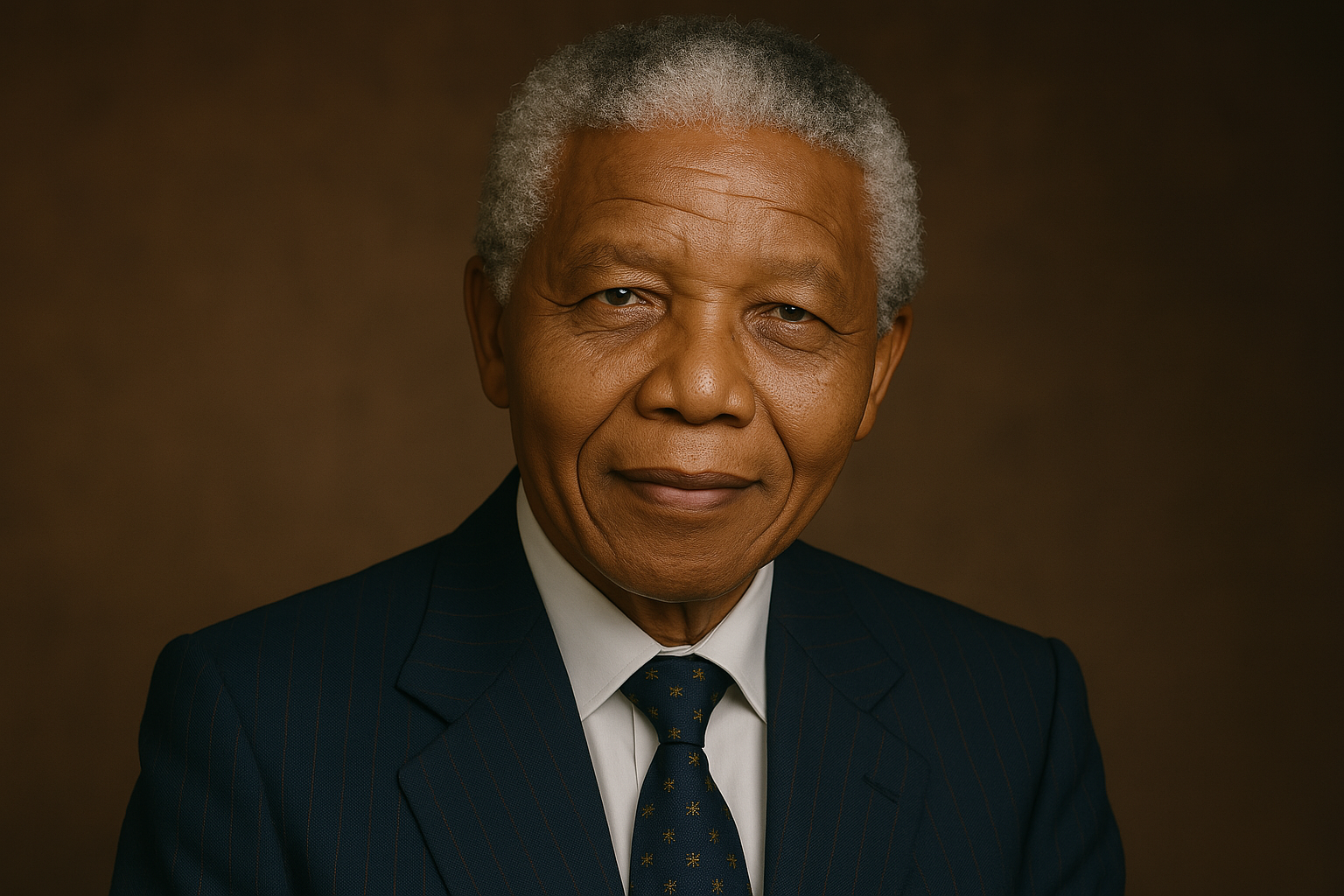Dubai has emerged as one of the world’s leading business hubs, renowned for its strategic location, booming economy, and vibrant multicultural workforce. For expatriates and leaders working in this dynamic environment, navigating Dubai’s unique market dynamics requires more than just technical expertise—it demands cultural awareness, strategic adaptability, and an understanding of the region’s distinctive business practices.
The highly competitive environment of Dubai, driven by rapid modernization and its position as a global crossroads, offers exciting opportunities but presents challenges as well. This article provides practical insights and proven strategies to help executives and expatriate leaders succeed in Dubai by mastering the art of leadership within this remarkable city.
Understanding Dubai’s Market Dynamics
Dubai, one of the United Arab Emirates’ (UAE) most prominent markets, serves as a gateway to the Middle East, Africa, and South Asia. Its position as a global trade and investment hub makes it a melting pot for international business operations.
Key Economic and Market Features:
- Diversified Economy: Thriving in tourism, real estate, finance, technology, and logistics.
- Government Vision: UAE Vision 2030, Smart Dubai, and green initiatives guide innovation and regulation.
- Multicultural Workforce: With over 85% expatriates, teams require tailored communication and leadership approaches.
- Strategic Business Hub: Free trade zones, tax-free structures, and global connectivity attract companies worldwide.
The Role of Culture in Leadership in Dubai
1. Respect for Emirati Customs and Values
- Understand Islamic customs like Ramadan and Eid.
- Dress modestly and follow etiquette in formal settings.
- Use proper titles such as “Sheikh” or “Sheikha” when addressing locals.
2. Multicultural Collaboration
- Communicate clearly and avoid culturally specific slang.
- Respect diverse work styles across cultures.
- Provide cross-cultural training to build team harmony.
3. Relationship-Oriented Business Approach
- Build trust before diving into business discussions.
- Network through councils, trade bodies, and events.
- Be patient—decision-making may involve consultation and consensus.
4. Hierarchical and Deferential Workplace Culture
- Provide strong direction and demonstrate authority.
- Balance leadership with approachability and mentorship.
- Respect formal decision-making structures and expectations.
Leadership Strategies for Success in Dubai
1. Leverage Technology and Digital Transformation
- Adopt tools aligned with Smart Dubai initiatives (AI, IoT, automation).
- Support a tech-forward workplace culture.
- Adapt quickly to regulatory and digital shifts.
2. Embrace Sustainability as a Leadership Priority
- Adopt eco-friendly policies and reduce environmental impact.
- Invest in renewable energy and sustainable partnerships.
- Inspire eco-conscious values within your organization.
3. Adapt to Free Zone and Mainland Business Structures
- Understand ownership, tax, and operational differences.
- Engage with local authorities and compliance experts.
- Stay current with evolving legal frameworks and incentives.
4. Invest in Employee Well-being and Retention
- Offer growth pathways and performance incentives.
- Provide benefits aligned with Dubai’s lifestyle costs.
- Champion diversity, equity, and inclusion to retain top talent.
5. Develop a Long-Term Vision Aligned with Dubai’s Growth
- Incorporate Vision 2030 goals into your strategy.
- Partner with local firms and government bodies.
- Explore future-oriented sectors (e.g., AI, autonomous tech).
Case Study: Leadership Success in Dubai
The Example of Emirates Airlines
Under the leadership of Sheikh Ahmed bin Saeed Al Maktoum, Emirates Airlines has become a global aviation leader. Its success stems from:
- A globalized, multicultural workforce.
- Innovative, customer-centric business practices.
- Strategic investments in advanced aviation technologies.
Challenges Leaders May Face in Dubai
- Regulatory Differences: Work closely with legal consultants for compliance.
- High Employee Turnover: Create engaging environments with personalized incentives.
- Cultural Misunderstandings: Offer training to enhance cultural competence.
Conclusion
Leadership in Dubai is a rewarding challenge that combines modern innovation with deep cultural values. To navigate the city’s unique market dynamics, leaders must balance a respect for local customs with a forward-thinking mindset. By fostering multicultural collaboration, prioritizing innovation, aligning with Dubai’s long-term vision, and empowering teams, executives can unlock the immense potential that this global business hub offers.
Whether you’re a seasoned executive or an expatriate navigating Dubai’s landscape for the first time, embracing these cultural and leadership strategies will position you for success in one of the world’s most dynamic markets.
Call-to-Action
Looking to enhance your leadership skills for Dubai’s rapidly evolving marketplace? Join our executive coaching programs tailored for leadership success in the Middle East. Empower your career and thrive in Dubai’s competitive business environment today.










